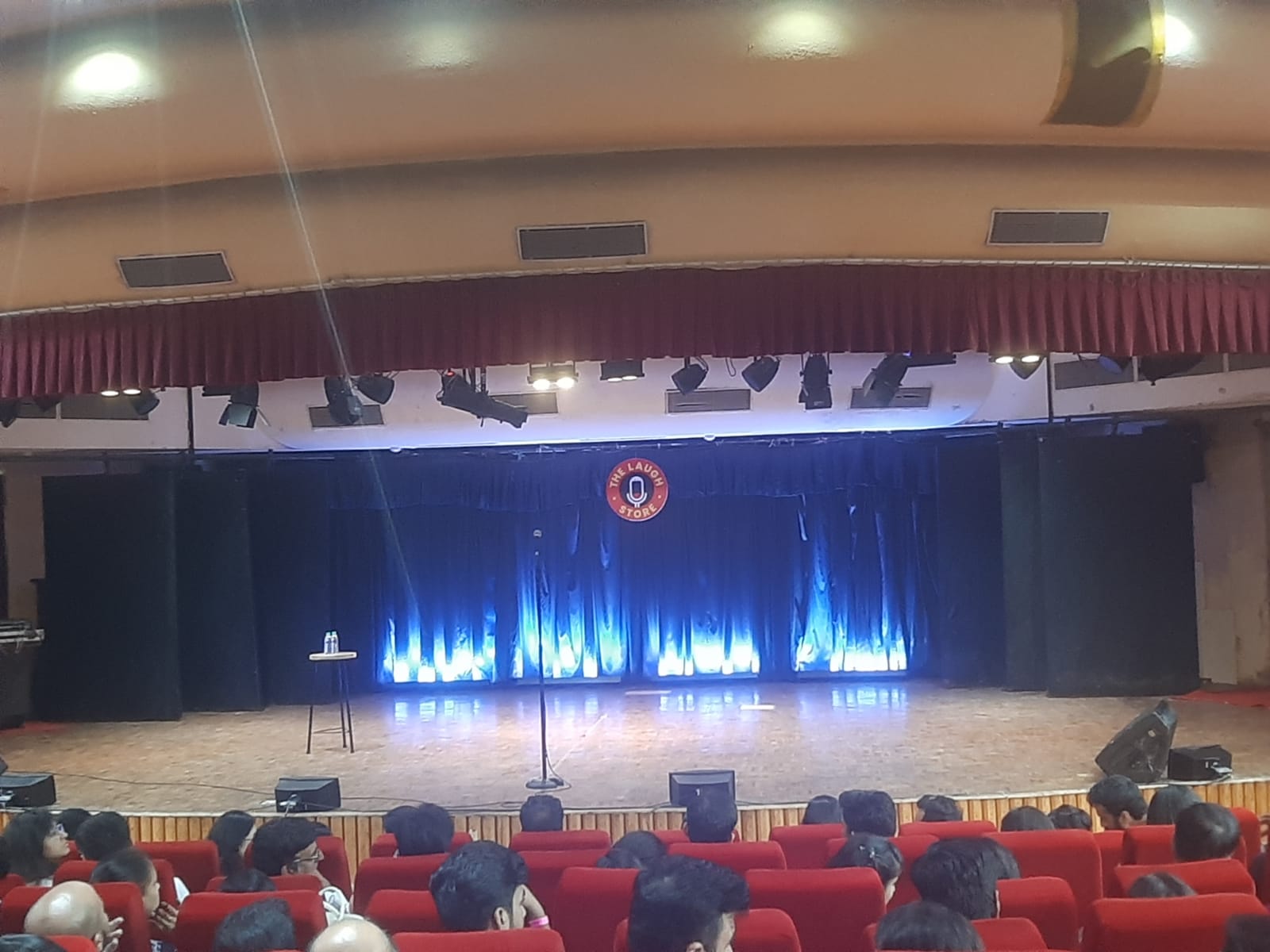Managing a corporate event with full facilities is a complex and multi-faceted task that requires meticulous planning, coordination, and execution. Event companies that specialize in corporate events are well-equipped to handle such endeavors. Here’s a comprehensive guide on how an event company can manage a corporate event with full facilities:
1. Understanding the Client’s Needs and Objectives:
- Begin by thoroughly understanding the client’s goals and objectives for the event. What is the purpose of the event? What are the desired outcomes? Understanding these factors is crucial for tailoring the event to meet the client’s expectations.
2. Venue Selection and Booking:
- Work with the client to identify an appropriate venue that aligns with the event’s purpose and expected number of attendees.
- Negotiate contracts, secure necessary permits, and handle logistical arrangements related to the venue.
3. Budget Management:
- Collaborate with the client to establish a realistic budget for the event.
- Track expenses and allocate funds appropriately to ensure that the event stays within budget.
4. Event Concept and Design:
- Develop a creative concept and design for the event that reflects the client’s brand and goals.
- Design event branding, including signage, banners, and promotional materials.
5. Facility Coordination:
- Ensure that the chosen venue can accommodate all aspects of the event, including meeting spaces, breakout rooms, dining areas, and any special requirements.
- Coordinate with the venue staff to arrange room setups, audio-visual equipment, and technical support.
- Arrange for transportation and parking facilities for attendees if necessary.
6. Registration and Attendee Management:
- Set up an online registration system to facilitate attendee registration and manage RSVPs.
- Handle attendee inquiries and provide information about the event, including schedules, maps, and accommodation options.
7. Program Development:
- Work closely with the client to create a comprehensive event program that includes keynote speakers, breakout sessions, workshops, entertainment, and networking opportunities.
- Schedule rehearsals and technical checks to ensure smooth presentations.
8. Catering and Hospitality:
- Arrange for catering services that cater to dietary preferences and restrictions of attendees.
- Coordinate hospitality services, including registration check-in, welcome receptions, and VIP services.
9. Audio-Visual and Technical Support:
- Oversee audio-visual requirements, including sound systems, projectors, screens, and lighting.
- Provide technical support to ensure that presentations and demonstrations run smoothly.
10. Branding and Marketing:
- Develop a marketing strategy to promote the event and attract attendees.
- Create promotional materials, including digital and print assets, social media campaigns, and email marketing.
11. Logistics and Transportation:
- Arrange transportation services for attendees, if necessary, such as shuttles from hotels to the venue.
- Plan for any special logistics, such as on-site storage, shipping of materials, or handling of exhibition booths.
12. On-Site Management:
- Have a dedicated on-site event management team responsible for overseeing all aspects of the event.
- Manage event check-in and registration, assist with attendee inquiries, and address any unexpected issues or emergencies.
13. Security and Safety:
- Implement security measures to ensure the safety of attendees and protect sensitive information.
- Have emergency response plans in place and collaborate with local authorities if needed.
14. Post-Event Evaluation:
- Conduct post-event evaluations to gather feedback from attendees and assess the success of the event.
- Provide the client with a comprehensive report, including key performance indicators and areas for improvement.
15. Follow-Up and Relationship Building:
- Maintain communication with the client post-event to discuss outcomes and gather insights for future events.
- Nurture the client relationship to potentially secure future event contracts.
Managing a corporate event with full facilities requires a dedicated and experienced event company capable of handling all aspects of the event, from initial planning to post-event evaluation. Effective communication, attention to detail, and the ability to adapt to changing circumstances are essential for ensuring the success of such events.



